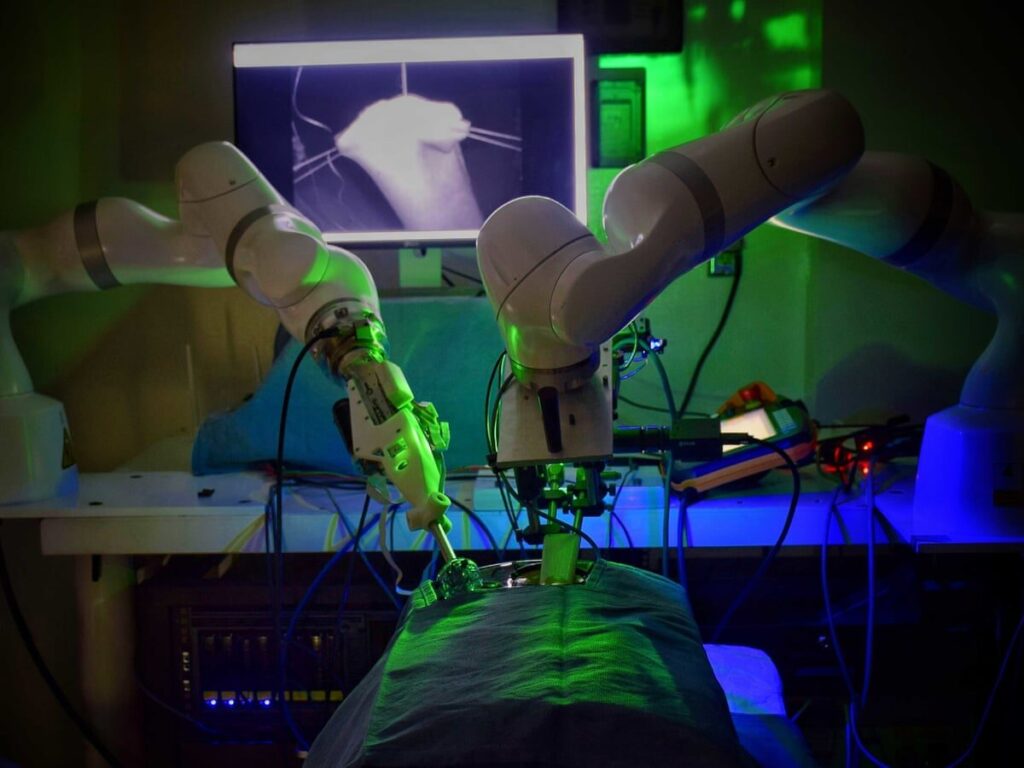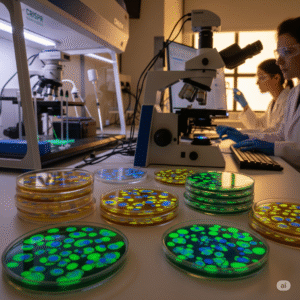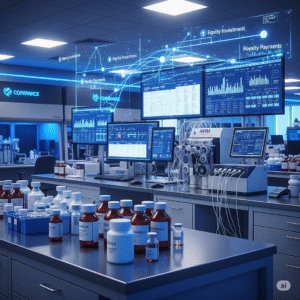UC Berkeley researchers have just levelled up surgical robotics via a method called HiL-SERL (Human-in-the-Loop Strategy Enhanced Reinforcement Learning). This approach incorporates human feedback during robot training and achieves flawless task execution by the end of trials—something traditional imitation models just can’t match. (BioEngineer.org)
What Makes HiL-SERL Special
In classic behavioral cloning, robots learn by watching humans perform tasks and mimicking those actions—it’s fast, but brittle. HiL-SERL adds human judgment to the loop, meaning while the robot practices, a human trainer evaluates each attempt and corrects or reinforces it immediately. That extra feedback turbocharges learning. Impressively, robots trained this way reached 100% success rates in their assigned tasks.
Why It Matters for Healthcare
Every bit of precision counts when robots assist in surgery or delicate medical procedures. Mistakes could cost lives. HiL-SERL’s 100% execution consistency represents a leap forward in clinical safety. Plus, faster, accurate training means robots can adapt quickly to new tasks, opening doors to more flexible, multi-purpose medical helpers.
Real-World Testing & Next Steps
So far, trials happened in controlled lab environments, often simulating fine motor tasks. The next steps are evaluating performance under realistic, clinical conditions—testing in da Vincis or other surgical suites, or simulating scenarios like suturing or precise probing. Success there would be a breakthrough.
Global and Industry Impact
Robotic tech in healthcare is growing fast, but training barriers slow it down. Imagine a surgical robot learning a new procedure in hours instead of weeks, guided by your surgeon’s instructions. HiL-SERL could standardize and democratize training across teaching hospitals, surgical centers, and even rural clinics. That’s not just innovation—it’s expanding access to better care.
Why I’m Excited
I’ve seen robotics evolve, but combining human insight with machine efficiency gives me hope for safer, smarter automation in medicine. This isn’t about replacing surgeons—it’s about supporting them with precise, adaptive tools that can learn quickly and reliably. HiL-SERL feels like a real turning point.
Source:
BioEngineer.org (HiL-SERL improves robot learning with human feedback)




